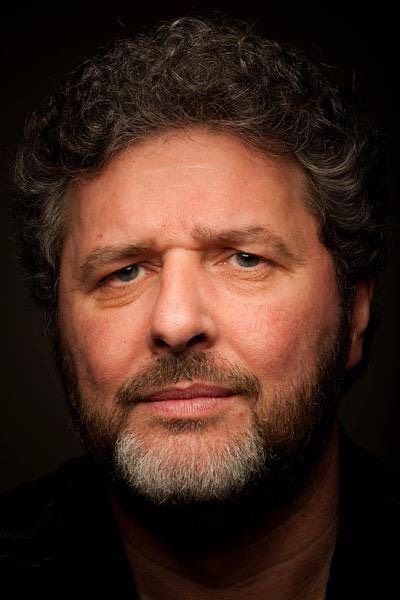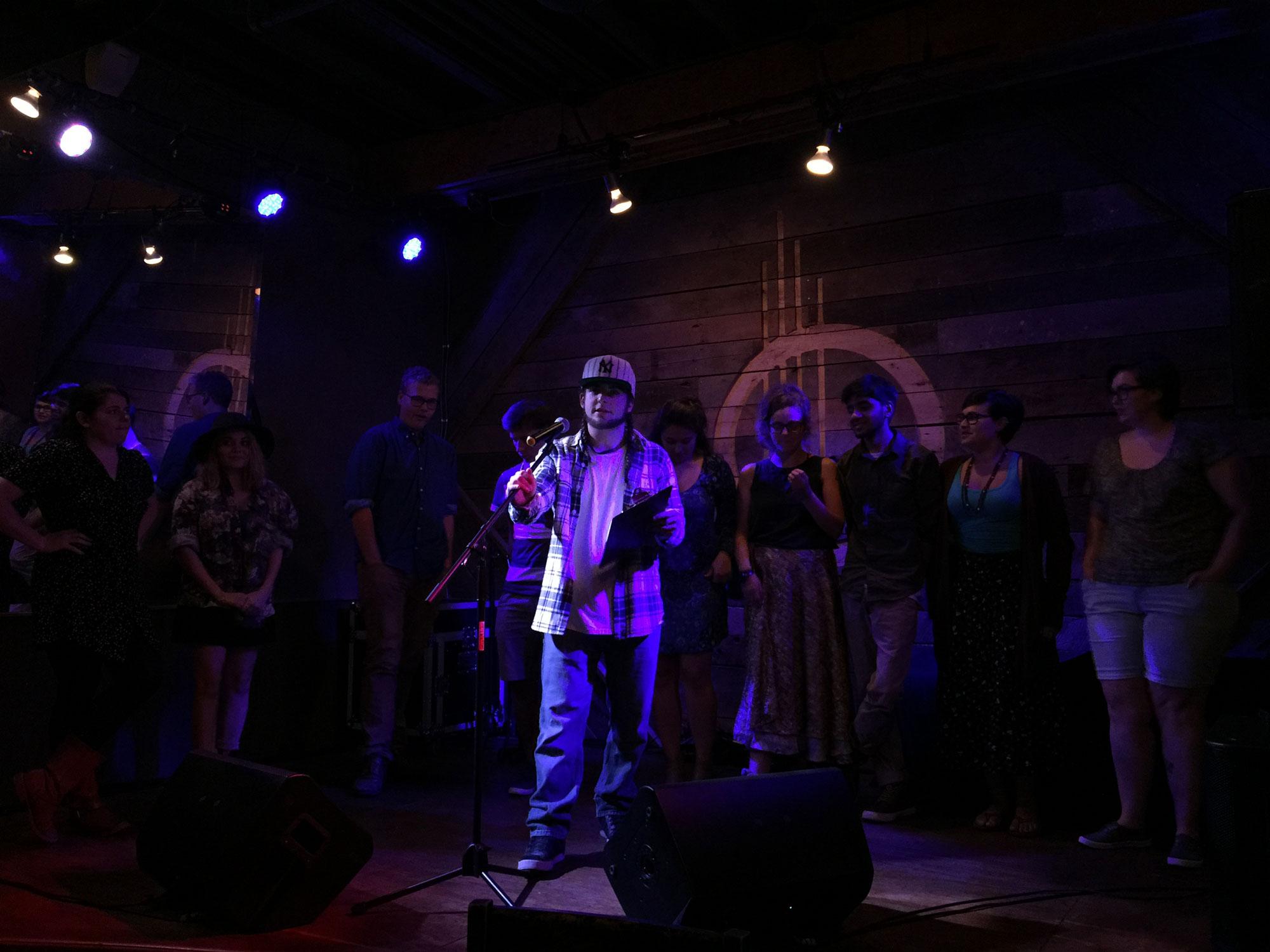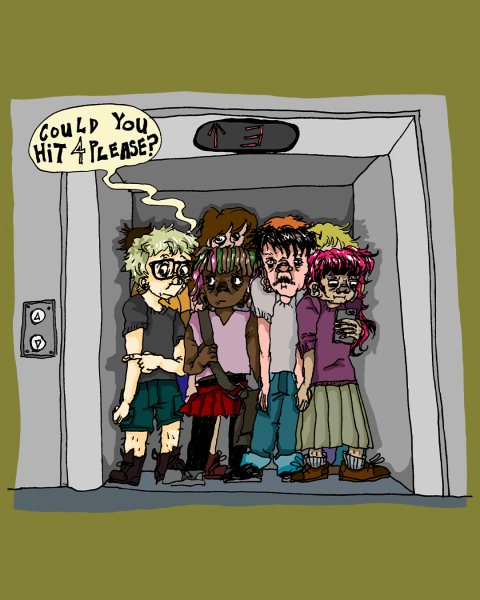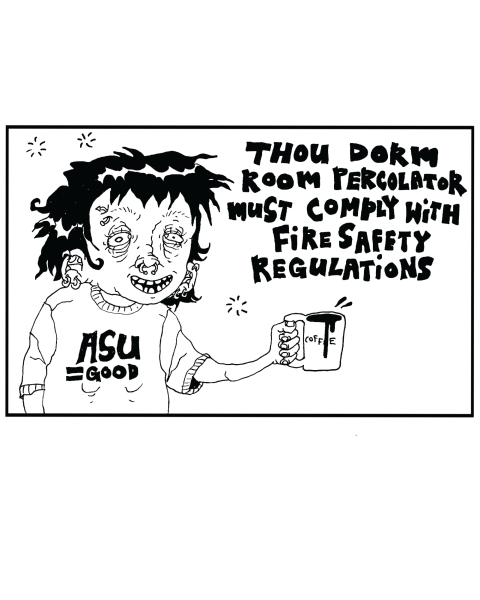App State English professor receives Roanoke-Chowan Award for Poetry
November 6, 2019
A Department of English professor was recently recognized for her poetry selections that explores the challenges of living in a woman’s body, and how it relates to climate change.
Professor Kathryn Kirkpatrick was awarded the Roanoke-Chowan Award for Poetry for her book, “The Fisher Queen: New & Selected Poems,” released in March.
The award highlights the “most significant work of original poetry published over the course of the last year by a North Carolina poet,” according to the North Carolina Department of Natural and Cultural Resources.
“The award is a great honor,” Kirkpatrick said. “I’m really pleased to be in such great company. I know many of these poets, and they’re terrific poets, so I’m really honored to have my book chosen from such a field of really fine writers.”
This is Kirkpatrick’s second time winning the Roanoke-Chowan Award for Poetry. In 2004, she was awarded for her book “Beyond Reason.”
“New and selected for poets (is) kind of a later career or mid-career kind of volume where you draw selections from each of the books that you’ve published,” Kirkpatrick said. “It’s the seventh collection that I’ve published, but its drawing on six previous collections, and then there’s a whole section of new poems at the beginning, as well.”
Kirkpatrick started writing poetry while attending Winthrop University. She took Susan Ludvigson’s poetry writing class, who later became her mentor.
“It’s important to me to mention that there are many ways through the woods in becoming a writer,” Kirkpatrick said. “Creative writing has been very professionalized, and there are many creative writing programs of terminal degrees, and those are wonderful programs. I didn’t go through such a program; I really learned from individuals. I like for students to know that that’s another way to be a writer.”
Kirkpatrick describes her work as “eco-feminist,” which she said is the way women, animals and the land are all connected.
“Several of the volumes I draw the selected poems from are dealing with grief,” Kirkpatrick said. “We knew in the 90s what was happening to our habitats, and to our species and how the climate was being impacted by human activity. I saw that, and I wanted to write a poem about how much grief I felt about the anthropogenic causes of climate change.”
Kirkpatrick said we still have not made large enough changes to prevent the harm we are causing to the world around us.
“We should try to be human differently, try to be related to the land differently and the other creatures differently,” Kirkpatrick said. “I hope that maybe some of that work will be helpful to other people.”














